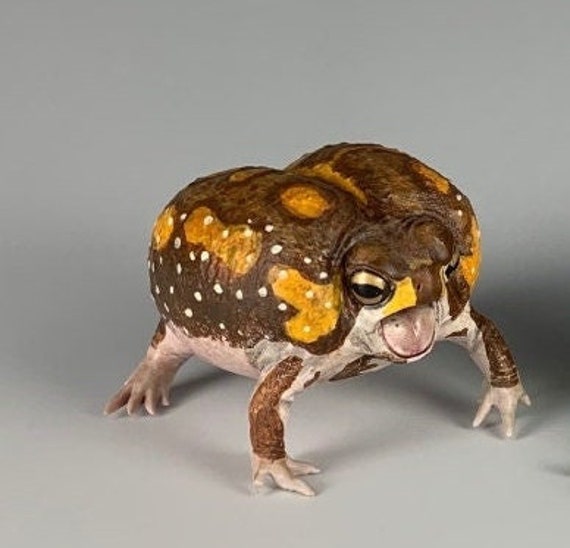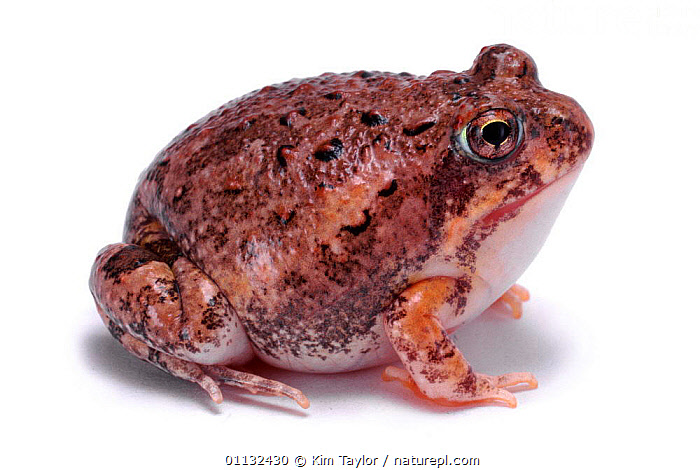Rain Frog for Sale: Elevate Your Collection with Unusual and Exotic Amphibians!
Rain Frog for Sale: Elevate Your Collection with Unusual and Exotic Amphibians!
Blog Article
Common Health Issues in Reptiles: Symptoms and Solutions
In the complex globe of reptile care, comprehending the typical wellness problems that may affect these special creatures is paramount in guaranteeing their wellness. Whether it's grappling with parasitical infestations, browsing dehydration worries, or addressing skin disorders that manifest in refined means, being attuned to the symptoms and geared up with the understanding of reliable remedies is necessary for any reptile proprietor.
Respiratory System Infections
Respiratory infections in reptiles can substantially impact their overall health and call for punctual interest from skilled veterinarians. These infections are typically brought on by viruses, microorganisms, or fungi and can manifest through signs such as wheezing, nasal discharge, open-mouth breathing, and sleepiness. In reptiles, breathing infections can be especially challenging to diagnose and treat as a result of their special anatomy and physiology. Vets typically count on a mix of checkups, analysis imaging, and lab examinations to properly identify the underlying cause of the infection.
Treatment for breathing infections in reptiles normally includes a combination of helpful care, such as maintaining correct humidity degrees and temperature gradients in the room, in addition to targeted drug to address the particular pathogen liable for the infection. It is critical for reptile owners to monitor their family pets carefully for any indications of breathing distress and seek veterinary treatment at the earliest indicator of a concern. With timely intervention and suitable treatment, lots of reptiles can recuperate completely from respiratory infections and resume normal activities.

Metabolic Bone Illness
What elements add to the advancement of Metabolic Bone Disease in reptiles?
Metabolic Bone Condition (MBD) in reptiles is largely triggered by an absence of appropriate calcium, phosphorus, and vitamin D3 degrees in their diet plan. When reptiles do not receive sufficient calcium, either with their food or appropriate UVB direct exposure for vitamin D3 synthesis, they go to a high threat of establishing MBD. Reptiles with diet plans low in calcium or imbalanced calcium to phosphorus ratios are specifically at risk. Additionally, inadequate exposure to UVB light stops reptiles from manufacturing vitamin D3, which is critical for calcium absorption and bone health.
Other adding elements to MBD consist of improper temperature level gradients within the reptile's habitat, resulting in reduced metabolic process and damaged calcium absorption. Inadequate humidity degrees can also impact a reptile's capability to metabolize calcium properly. Furthermore, specific reptile species have details dietary demands that, otherwise fulfilled, can raise the probability of creating MBD. Regular veterinary exams, appropriate husbandry practices, and a well balanced diet regimen are necessary to prevent Metabolic Bone Illness in reptiles.
Parasitical Invasions
Parasitical invasions present a significant health threat to reptiles, impacting their general wellness and calling for punctual vet attention. Reptiles can be affected by various bloodsuckers, consisting of termites, ticks, inner worms, and protozoa. These parasites can create a variety of symptoms, such as weight-loss, lethargy, skin inflammation, looseness of the bowels, and even fatality if left neglected.
One typical bloodsucker located in reptiles is the mite, which can create skin inflammation, anemia, and stress. Ticks are one more exterior parasite that can send conditions and cause pain to the reptile. Internal bloodsuckers like worms and protozoa can lead to digestive system concerns, lack of nutrition, and compromise the reptile's body immune system.
To diagnose a parasitic invasion, a vet might perform fecal tests, skin scrapings, or blood tests. Therapy frequently entails deworming drugs, antiparasitic baths, or in severe situations, a hospital stay. Preventative actions such as regular veterinary exams, correct health, and quarantine procedures for new reptiles can assist reduce the threat of parasitical invasions and guarantee the health of reptile pet dogs.
Dehydration and Hydration Issues
Dehydration in reptiles can substantially impact their wellness and health, requiring prompt treatment and suitable hydration administration. Reptiles are vulnerable to dehydration as a result of various variables such as inadequate water consumption, high environmental temperature levels, and certain wellness problems. Signs of dehydration in reptiles include sunken eyes, he has a good point sleepiness, loss of skin flexibility, and decreased peeing. If left neglected, dehydration can lead to severe health and wellness concerns and also be deadly to the reptile.
To protect against dehydration, reptile proprietors need to make sure that their animals have access to clean water whatsoever times. The water dish need to be large sufficient for the reptile to take in if required, particularly for types that absorb water through their skin. Furthermore, keeping proper moisture degrees in the reptile's unit and giving normal baths can assist avoid dehydration.
In cases of dehydration, it is critical to seek vet care quickly. A vet might carry out liquids either orally or through injections to rehydrate the reptile. It is necessary to deal with the underlying reason of dehydration to protect against reoccurrence and ensure the reptile's overall well-being.
Skin Disorders

Final Thought

Breathing infections in reptiles can considerably influence their total health and wellness and call for timely focus from experienced veterinarians (rain frog for sale). Preventative measures such as normal Extra resources veterinary examinations, correct health, and quarantine procedures for new reptiles can assist minimize the threat of parasitical invasions and ensure the health of reptile family pets
If left unattended, dehydration can lead to significant health concerns and also be deadly to the reptile.
Regularly examining your reptile for any type of changes in skin texture, shade, or look can aid in very early detection and treatment of skin disorders, promoting the general wellness and wellness of your scaly companion. - rain frog for sale
In conclusion, reptiles are vulnerable to numerous health and wellness issues such as respiratory system infections, metabolic bone condition, parasitic problems, dehydration, and skin disorders.
Report this page